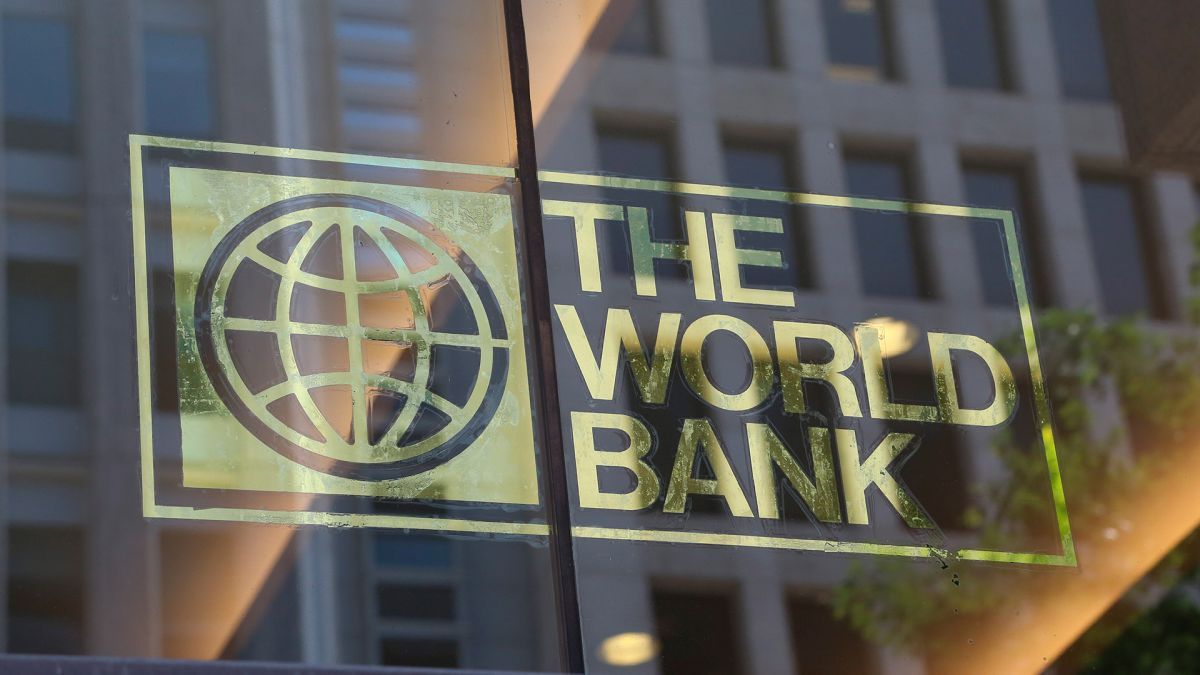“Annual GDP could increase 2.7% by 2030 if investments are made in water infrastructure to avoid scenarios of water scarcity and difficulties in access,” the international organization specified.
The report also recommends the implementation of techniques for reduce deforestation and boost the country’s agricultural competitiveness.
However, he warned thatIf Argentina does not take action to reduce emissions from the agricultural sector, 4% of its exports could be affected by climate regulations in other countries.what would harm mainly to those producers who do not implement sustainable practices”expressed the text.
“Argentina is committed to increasing its climate commitments and in leading the transition to a low-carbon economy. By doing so, you can significantly increase your economic growth and the well-being of your people,” he said. Jordan Schwartz, Director of the World Bank for Argentina, Paraguay and Uruguay.
Schwartz added that “The World Bank supports Argentina’s efforts to deepen its understanding of the impact of climate risk, improve the resilience of the most vulnerable, and identify opportunities for decarbonization“.
Also, the report analyzes the impacts that Argentina is already suffering from climate changemainly losses caused by droughts and floods.
In this sense, “by 2050 up to 4% of GDP could be lost due to drought. In addition, the floods provoke annual losses of up to $1.4 billion in assets and some $4 billion in welfare losses“, it was estimated.
Thus, Julie Rosenbergsenior economist and co-author of the report, considered that “Incorporating the climate vision in the design of development policies is urgent to minimize impact, reduce losses and be prepared for a carbon-neutral future”.
The text highlighted that from 2010in line with Argentina’s commitment to achieve carbon neutral development by 2050, the country has managed to start reducing its emissions, mainly through a low in the deforestation.
The report sets out a possible road map in which The country could reduce greenhouse gas (GHG) emissions by 16% by 2030 and 64% by 2050taking 2018 as the baseline.
According to the World Bank, the energy sector, led by fossil fuels, contributes 37% of GHG emissionsso “it will be important to continue developing the great potential for renewable energy and invest in energy efficiency,” they warned.
Secondly, Argentine lithium could cover almost 20% of global demand in 2030 Y turn the country into a relevant actor in the energy transitionwhich would also mean important economic benefits, especially for the provinces of Jujuy, Salta and Catamarca, in the north of Argentina, the Bank highlighted.
While, including transport in the decarbonisation strategy and moving towards electromobility could create 21,000 new jobs in the sectors of batteries Y vehiclessaid the agency
Finally, David Tinelregional manager for the Southern Cone of the International Finance Corporation (IFC), the arm of loans to the agency’s private sectoraffirmed that “the Argentine private sector is called to play a decisive role in the transition towards a low-carbon economy that is resilient to climate change”.
“Through investments that allow innovation in climate-smart agriculture, renewable energies and green hydrogen, the development of the lithium value chain and the development of green financing mechanisms, such as bonds and loans linked to sustainability” Tinel indicated.
Source: Ambito
David William is a talented author who has made a name for himself in the world of writing. He is a professional author who writes on a wide range of topics, from general interest to opinion news. David is currently working as a writer at 24 hours worlds where he brings his unique perspective and in-depth research to his articles, making them both informative and engaging.




